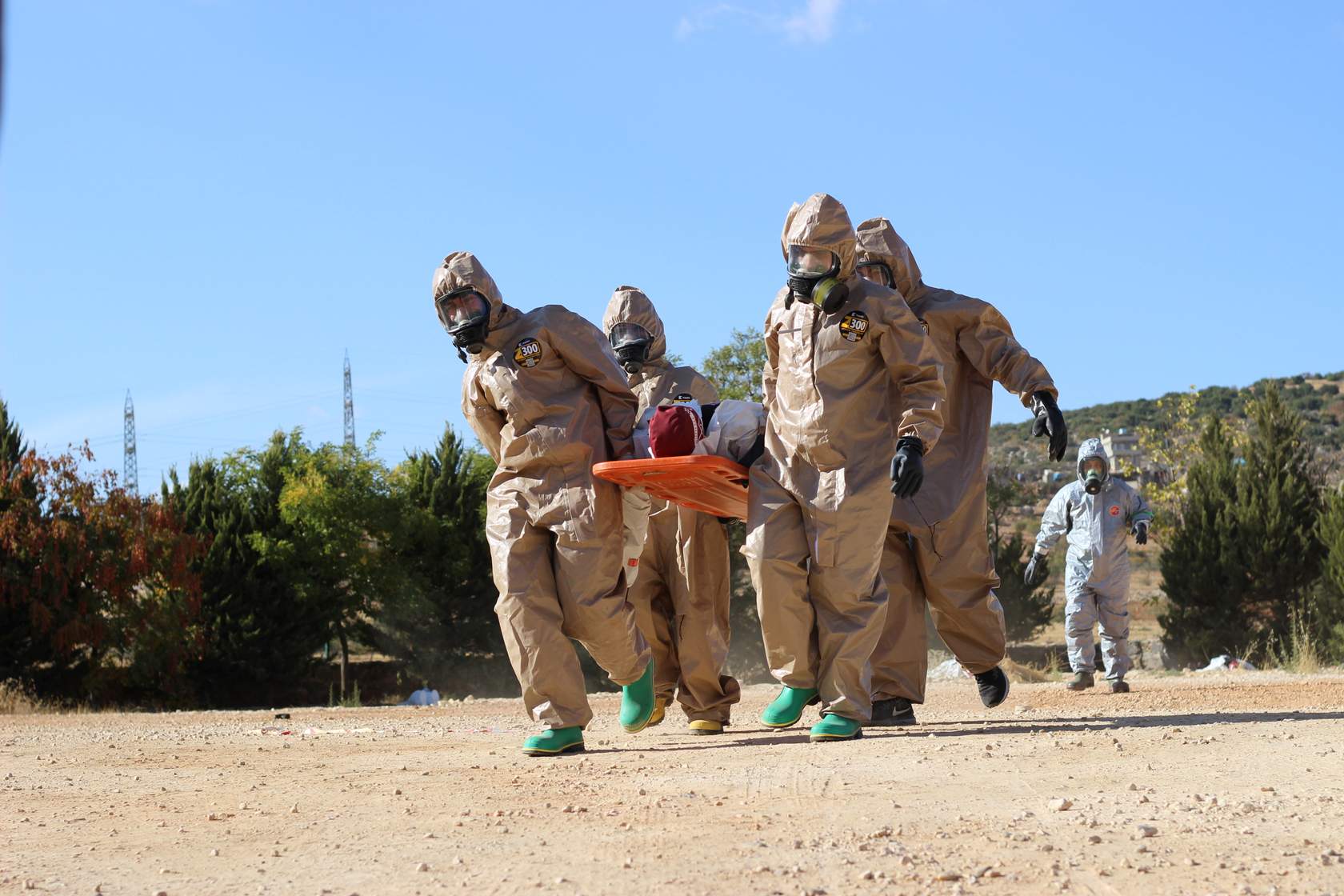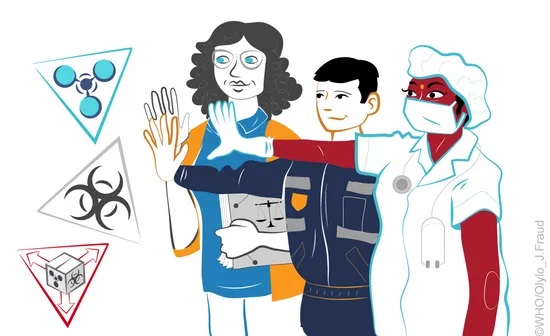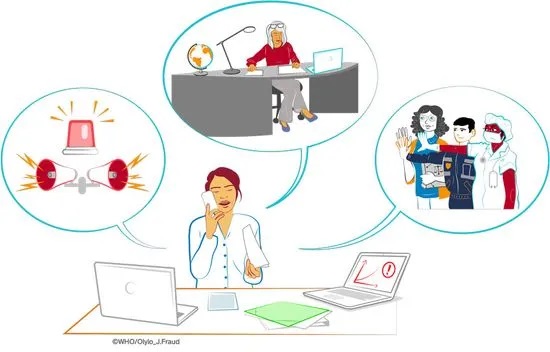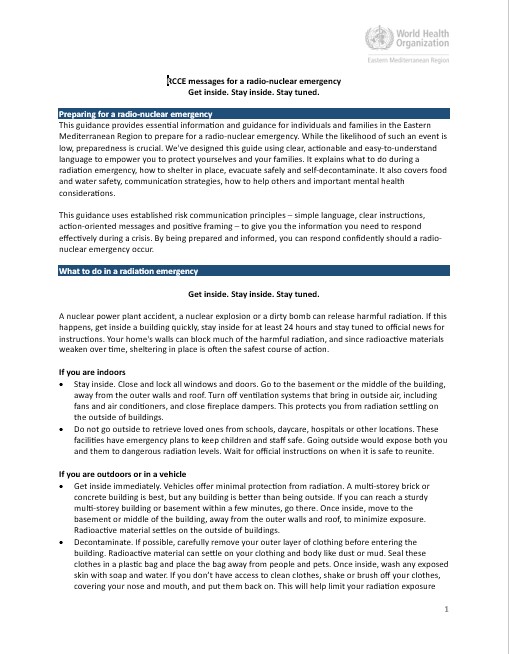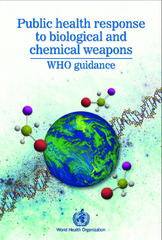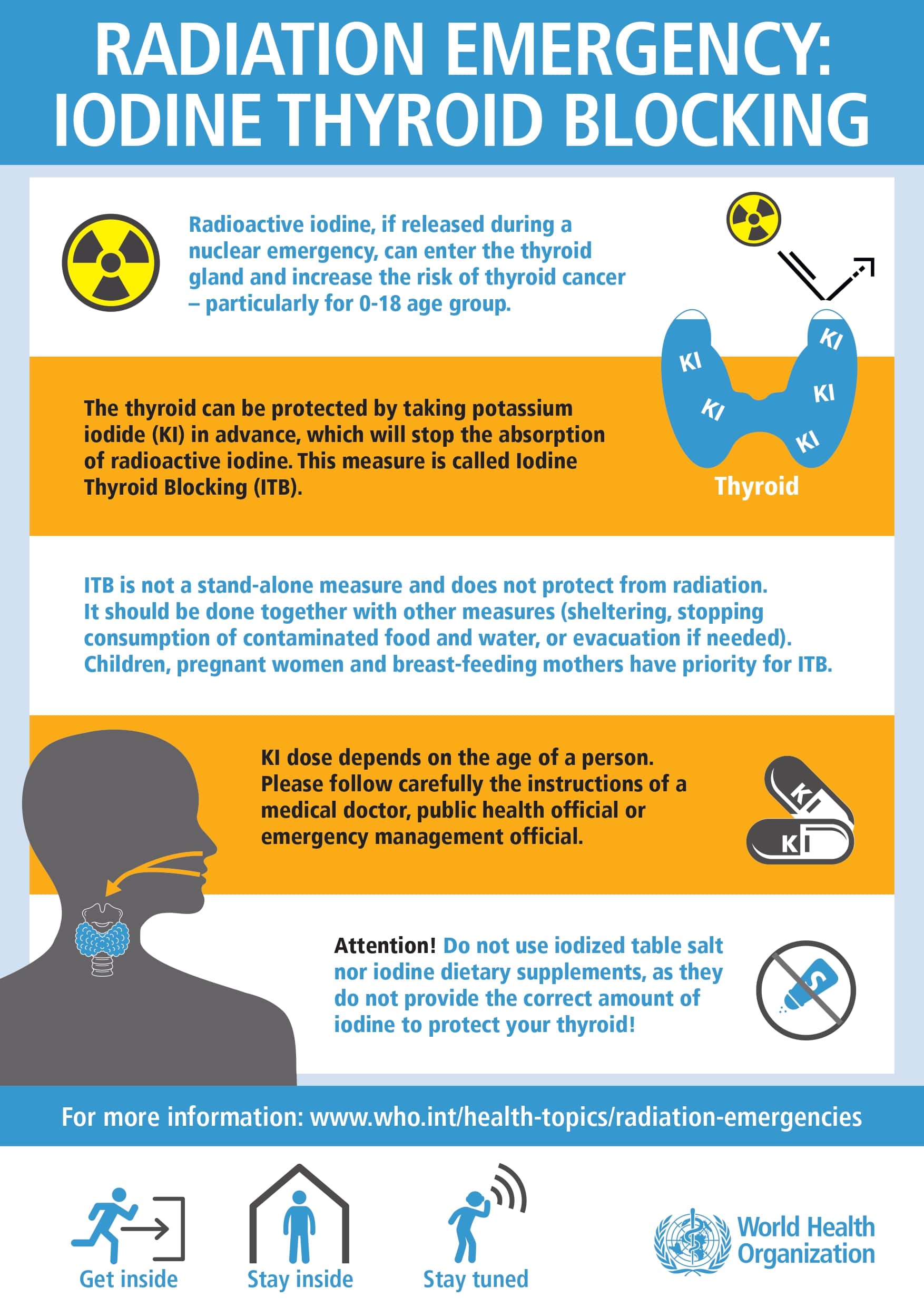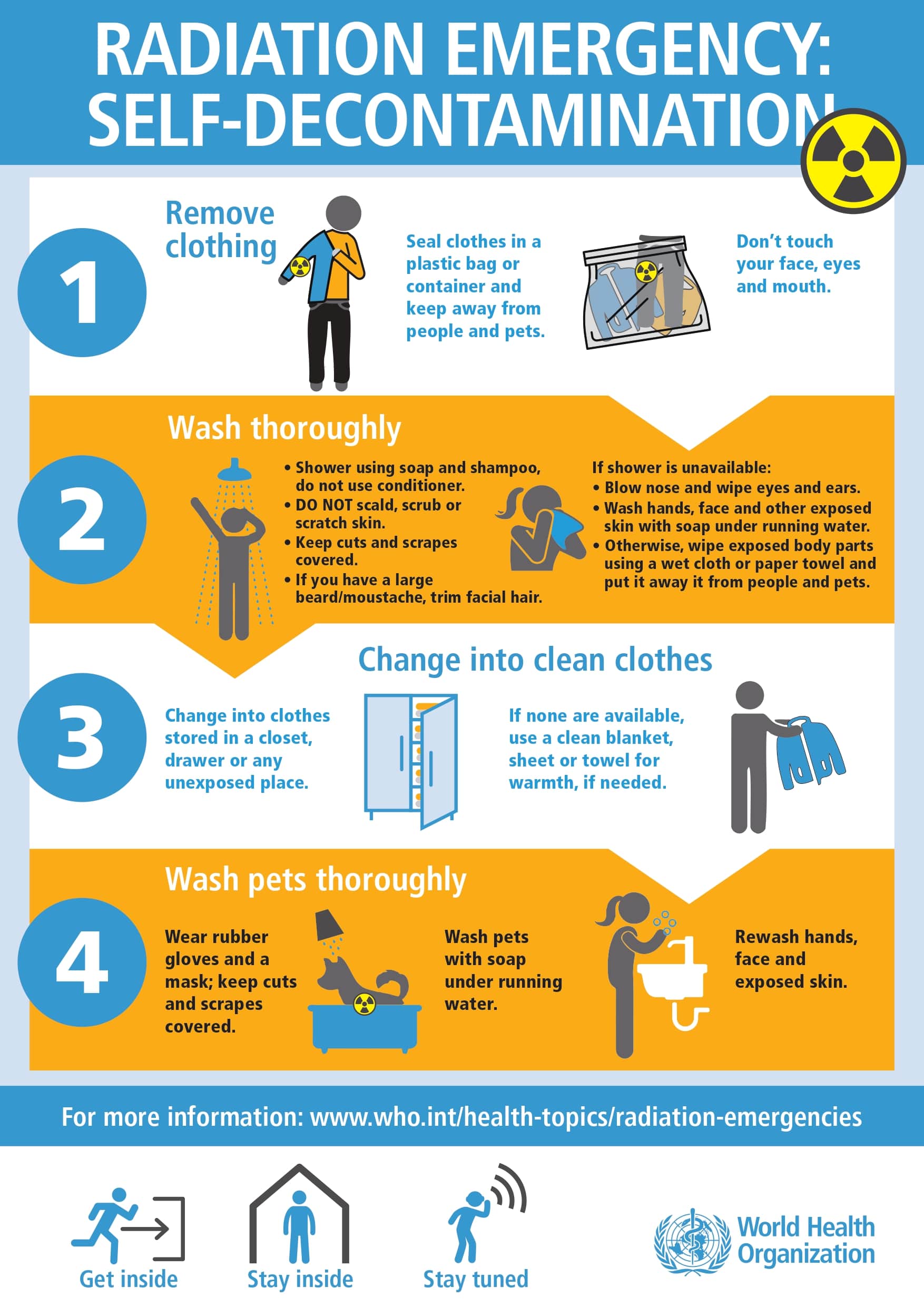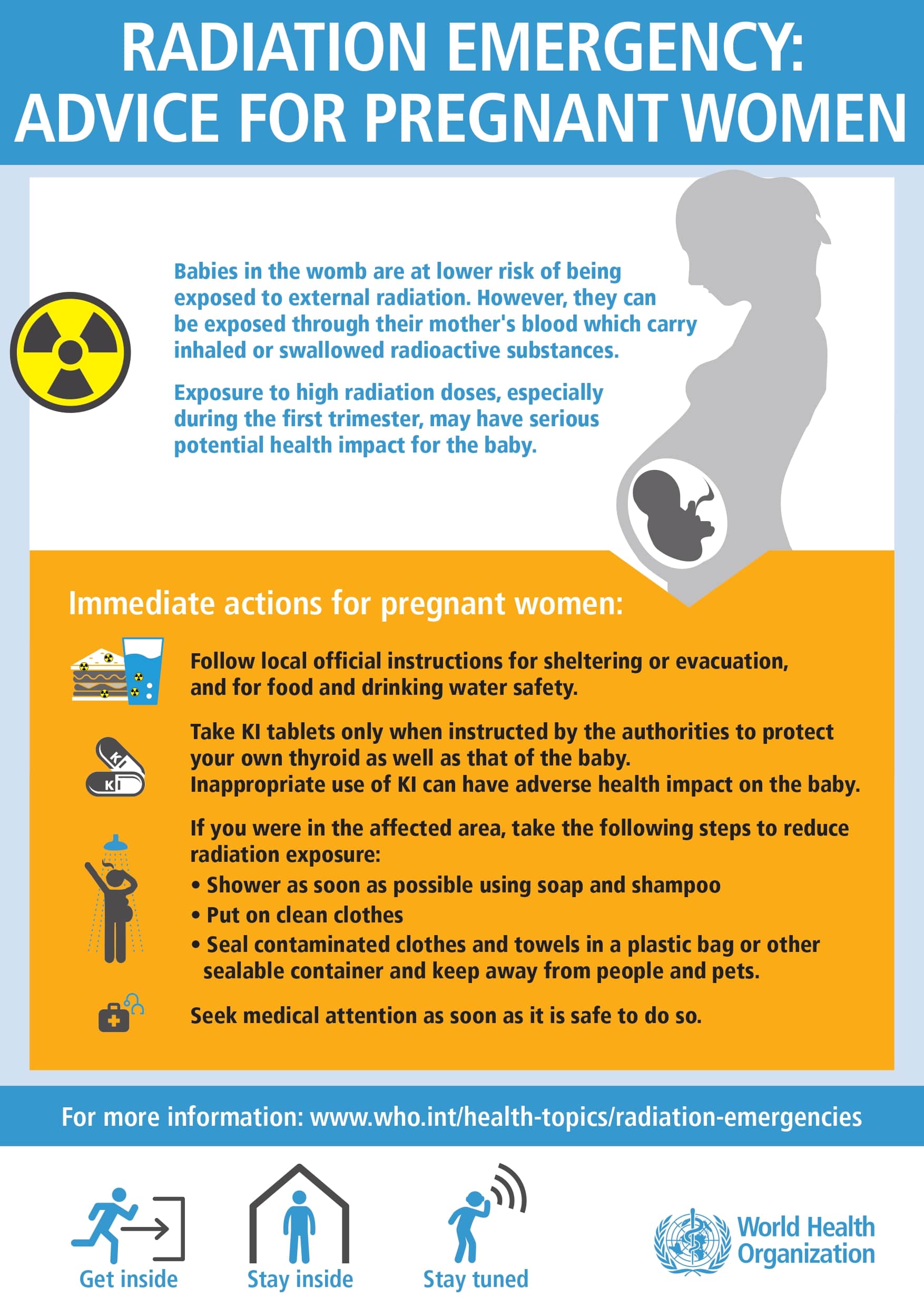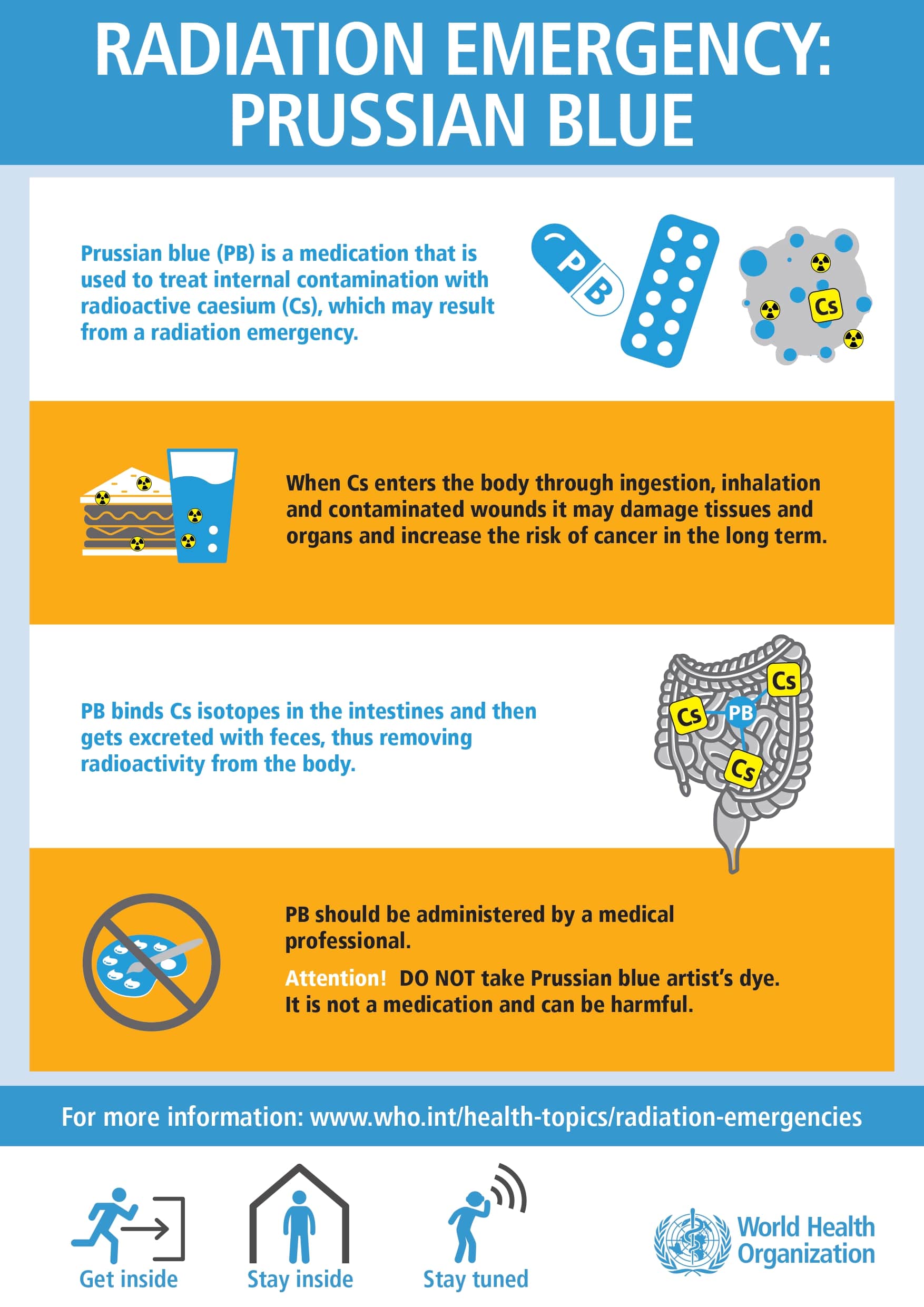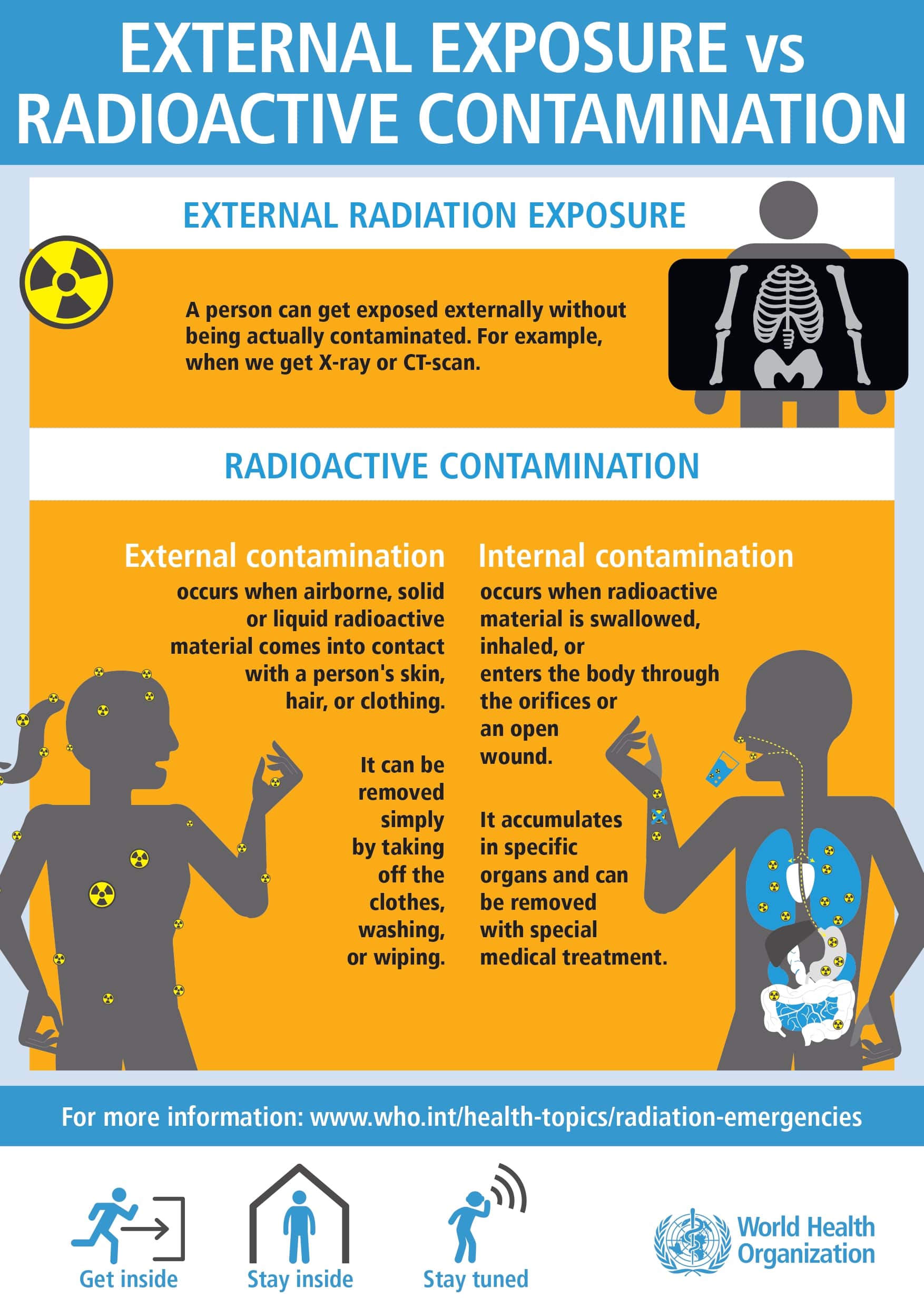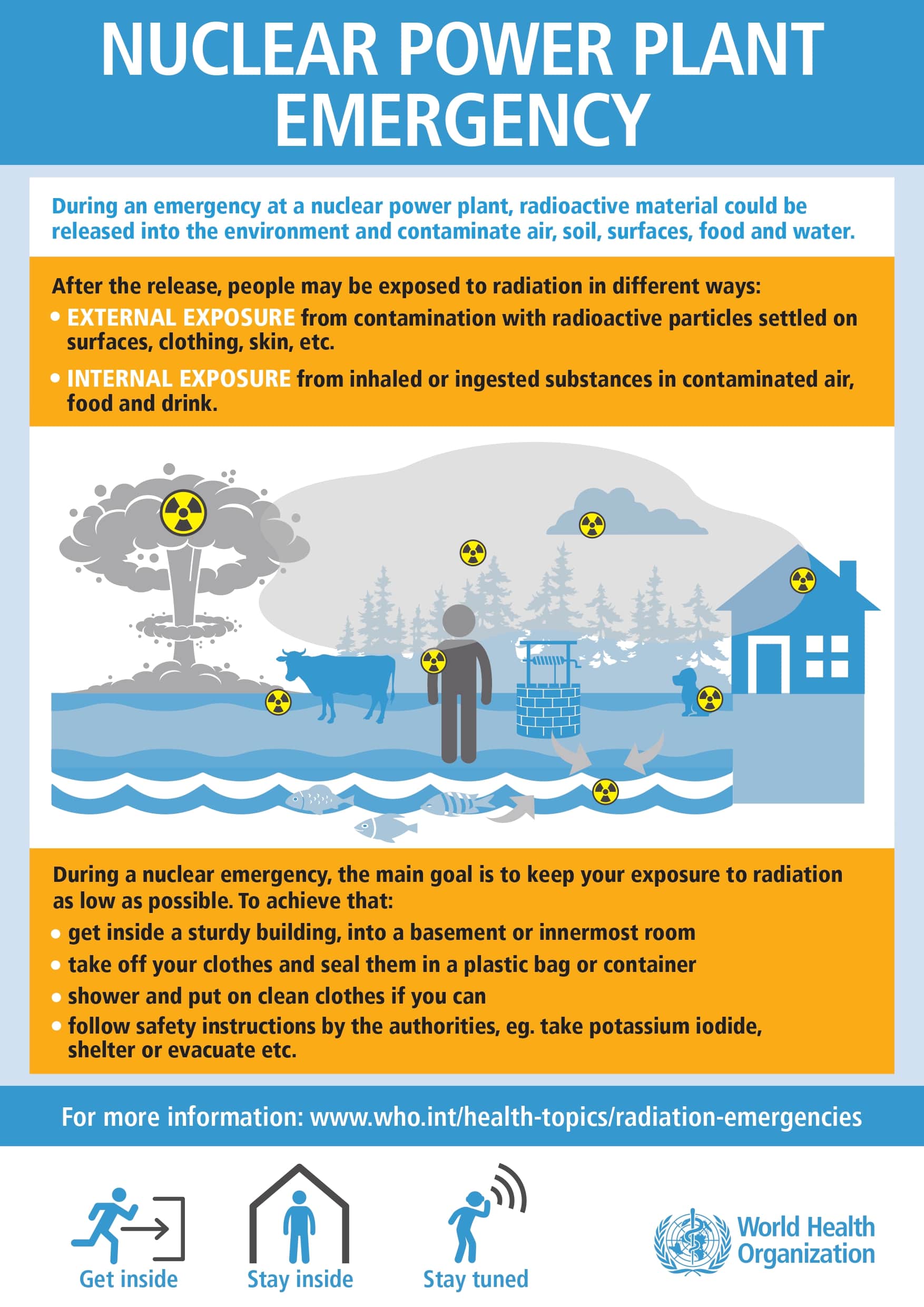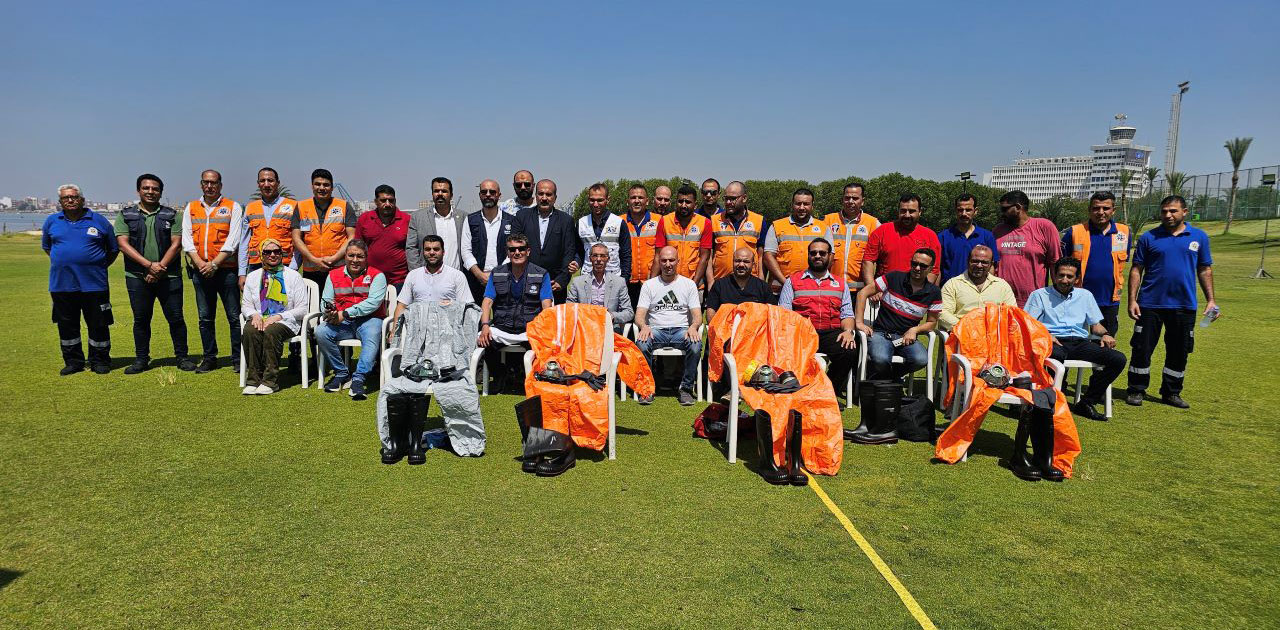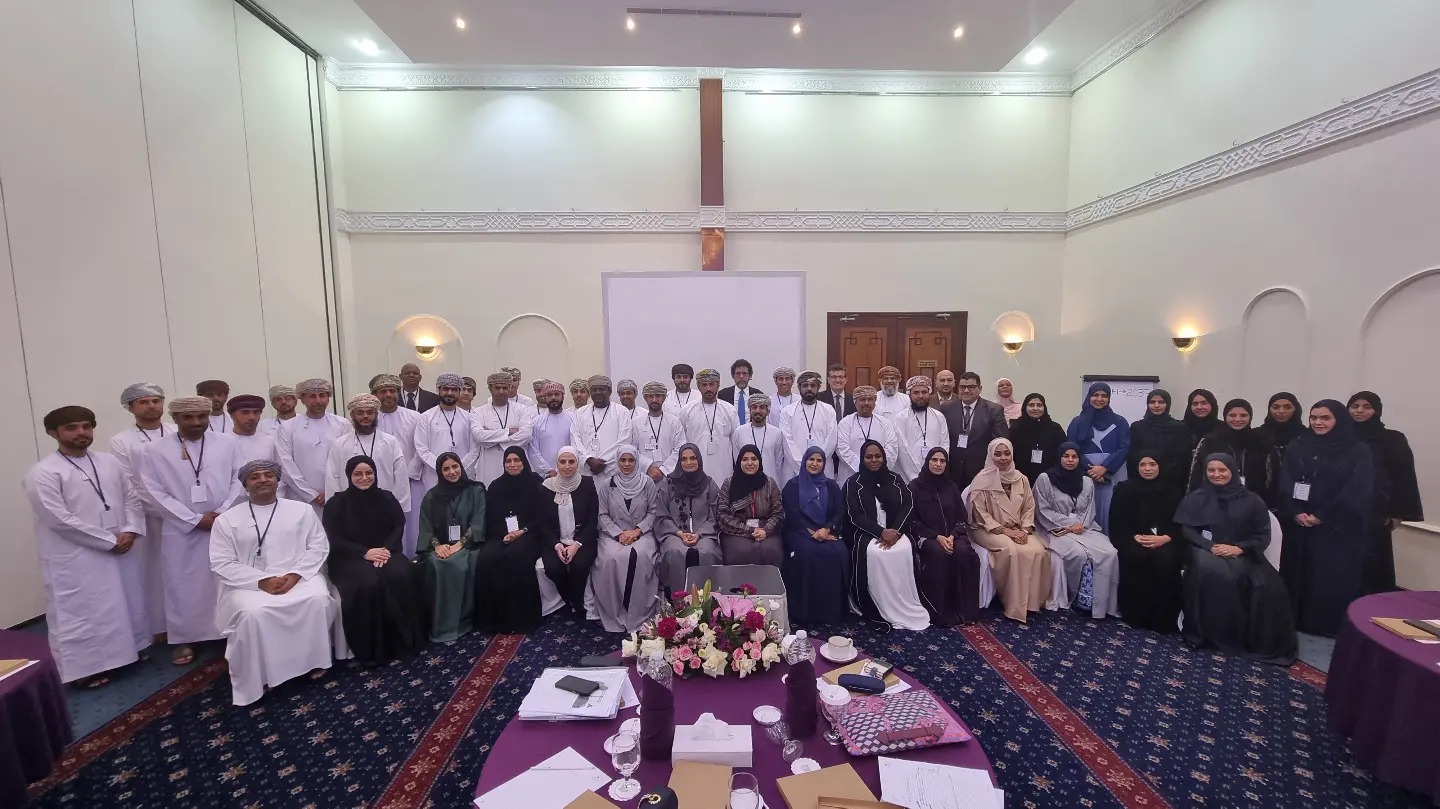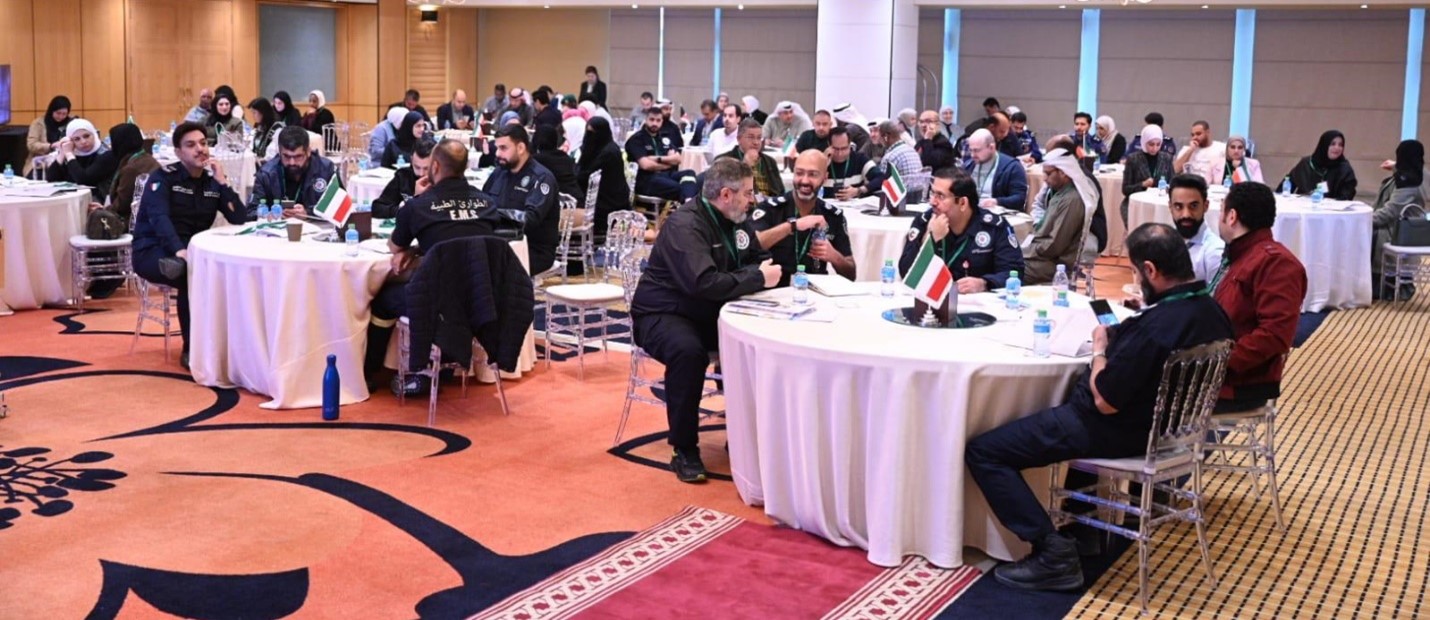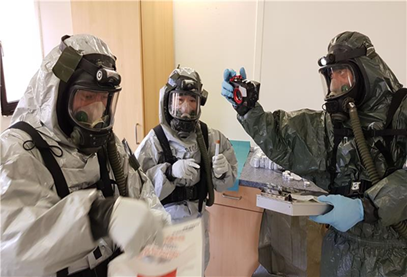
WHO has a role in managing acute risks or events, and strengthening public health systems to mitigate the risks of chemical, biological, radiological and nuclear (CBRN) events – whether naturally occurring, accidental or deliberate.
Our health-security interface programme chiefly works to:
enhance preparedness and response strategies to deliberate events, including those involving CBRN agents, in the WHO Eastern Mediterranean Region;
advocate for the integration of public health measures in the security sector, particularly in collaborations between law enforcement and public health departments;
conduct outreach activities at both regional and country office levels in the Region;
enhance WHO’s relationships at the intersection of health and security on a global scale;
monitor emerging scientific and technological advances for their health security implications; and
conduct capacity-building on a national, regional and global scale for preparedness and prompt response to acute health security crises, including CBRN events.
Guided by WHO’s mission to promote health, keep the world safe and serve the vulnerable, we aim to better protect 1 billion more people from health emergencies – one of the Triple Billion targets. Working with multiple sectors, including security sector partners, we support countries to prepare for and respond to global health security risks of any origin.
Under the International Health Regulations (2005) and World Health Assembly resolutions WHA55.16 and WHA74.7, WHO plays a crucial role in global public health responses to acute health security events. This is the case even when the deliberately harmful use of chemicals or biological materials is suspected or confirmed.
With our countries, we are committed to ongoing consultation and cooperation to build understanding and develop appropriate strategies for global health security. Our focus is to identify needs, gaps and potential synergies for an effective preparedness and response mechanism for health security emergencies, including CBRN events.
Online courses
Publications
Infographics
Multimedia
News
Related resources
Mitigating health consequences of Chernobyl
Overcoming health consequences of Fukushima nuclear accident
Radiation Emergency Medical Preparedness and Assistance Network (REMPAN
Safeguarding biosafety and biosecurity in laboratories: WHO HQ
Strengthening global preparedness to radiation emergencies
Strengthening the global health-security interface: WHO HQ
Technological hazards and health risks in Ukraine


